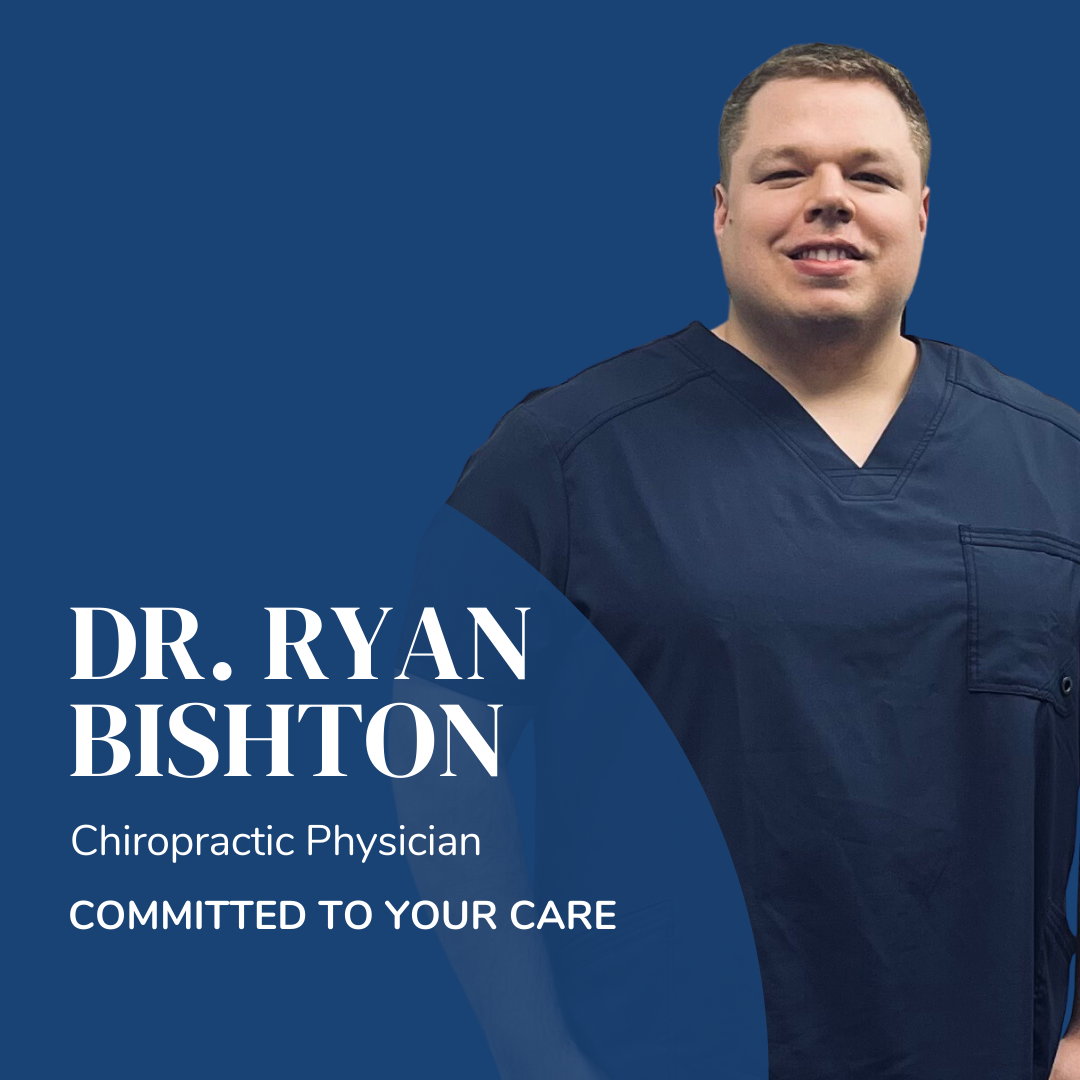What is
Shoulder Pain?
Shoulder pain refers to any discomfort or pain experienced in or around the shoulder joint. The shoulder joint is a complex ball-and-socket joint that allows for a wide range of motion and is surrounded by various muscles, tendons, ligaments, and other structures.
Shoulder pain can have multiple causes, including:
Rotator cuff injuries: The rotator cuff is a group of muscles and tendons that stabilize the shoulder joint. Injuries to the rotator cuff, such as strains, tears, or tendonitis, can cause shoulder pain.
Frozen shoulder: Also known as adhesive capsulitis, this condition involves the shoulder joint becoming stiff and painful, limiting its range of motion.
Shoulder impingement: This occurs when the tendons of the rotator cuff become compressed or irritated as they pass through a narrow space in the shoulder joint, resulting in pain and limited movement.
Shoulder dislocation: When the upper arm bone pops out of the shoulder socket, it can cause severe pain and instability.
Bursitis: The shoulder joint has fluid-filled sacs called bursae that help reduce friction. When these bursae become inflamed, it can lead to shoulder pain.
Arthritis: Osteoarthritis or rheumatoid arthritis can affect the shoulder joint, leading to pain, stiffness, and reduced mobility.
Tendinitis: Inflammation of the tendons in the shoulder can cause pain, especially with repetitive overhead movements.
Fractures or injuries: A fracture in any of the bones of the shoulder, such as the collarbone (clavicle), shoulder blade (scapula), or upper arm bone (humerus), can result in significant shoulder pain.
How can
Chiropractic Help?
Chiropractic care can potentially help with shoulder pain by addressing underlying musculoskeletal imbalances, improving joint mobility, and reducing tension in the surrounding muscles. Chiropractors are healthcare professionals who specialize in diagnosing and treating conditions related to the musculoskeletal system, including the shoulder.
Here are some ways chiropractic care may be beneficial for shoulder pain:
Assessment and Diagnosis: A chiropractor will conduct a thorough evaluation of your shoulder to determine the source of pain. They will assess your range of motion, perform orthopedic tests, and review your medical history to understand the underlying cause of your shoulder pain.
Spinal Adjustments: Chiropractors primarily focus on the spine, but they can also perform adjustments on other joints, including the shoulder. Manipulative techniques are used to realign joints, restore proper biomechanics, and reduce inflammation. By improving spinal alignment and joint function, the chiropractor aims to alleviate shoulder pain.
Soft Tissue Techniques: Chiropractors may use various soft tissue therapies to address muscle imbalances and reduce tension in the surrounding soft tissues. Techniques such as myofascial release, trigger point therapy, and instrument-assisted soft tissue mobilization can help relieve muscle tightness and improve shoulder mobility.
Exercise and Rehabilitation: Chiropractors may prescribe specific exercises and rehabilitation techniques to strengthen the shoulder muscles, improve stability, and enhance range of motion. They may also provide guidance on posture correction and ergonomics to prevent future shoulder issues.
Lifestyle and Ergonomic Advice: Chiropractors can provide advice on modifying your daily activities and ergonomics to minimize stress on the shoulder joint. They may suggest proper lifting techniques, posture correction strategies, and ergonomic adjustments at work or during other activities to reduce the risk of shoulder pain.
It's important to note that the effectiveness of chiropractic care for shoulder pain may vary depending on the underlying cause and individual circumstances. It's recommended to consult with a qualified chiropractor who can assess your specific condition and provide personalized treatment options. They can work in collaboration with other healthcare professionals if necessary to ensure comprehensive care.
Disclaimer: The information provided is for educational and informational purposes only, and is not intended to be a substitute for professional medical advice, diagnosis, or treatment.



